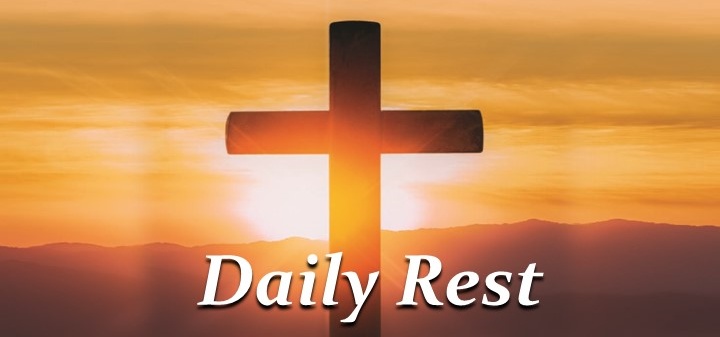Old Testament Festivals
On the fourteenth day of the first month at twilight is the LORD’s Passover. And on the fifteenth day of the same month is the Feast of Unleavened Bread to the LORD; seven days you must eat unleavened bread. Leviticus 23:5-6
The Passover commemorates when the family of Jacob officially became the nation of Israel. The tenth and final plague on Egypt was when the destroyer “passed over” the houses marked with the blood of a lamb and killed the first-born of everyone else: from the son of Pharaoh who sits on the throne, to the lowest of servants, to even cattle (see Exodus 11-12). Exodus 12:33 tells us “The Egyptians were urgent with the people to send them out of the land in haste.”
At first, it seemed that God was not listening to Israel’s cries for deliverance from Egypt. In fact, the people even complained to Moses that he only made things worse. But when deliverance did come, it came quickly. That’s the point of the week-long feast of Unleavened Bread that follows the Passover.
Unlike the other feasts that we will consider this week, the Passover contains unleavened bread eaten with bitter herbs. This reminds the participants of how bitter life was in Egypt. The feast of Unleavened Bread that follows it is a bit more joyful, but the Passover itself is more solemn in its memory and praise to the God who delivers.
And then Jesus came. On Maundy Thursday, Jesus and His disciples were celebrating the Passover. During the meal, Jesus took the bread and said “This is my body, given for you… This is my blood, poured out for you.” (Luke 22:19-20) Jesus’ death was already set in motion. But there was no bitterness–only love. The blood of The Lamb cleanses us from all sin. Jesus upgraded the Passover to a much better New Testament sacrament!
Draw nigh and take the body of the Lord
And drink the holy blood for you outpoured.
Offered was He for greatest and for least,
Himself the Victim and Himself the Priest.
The Lutheran Hymnal 307:1

